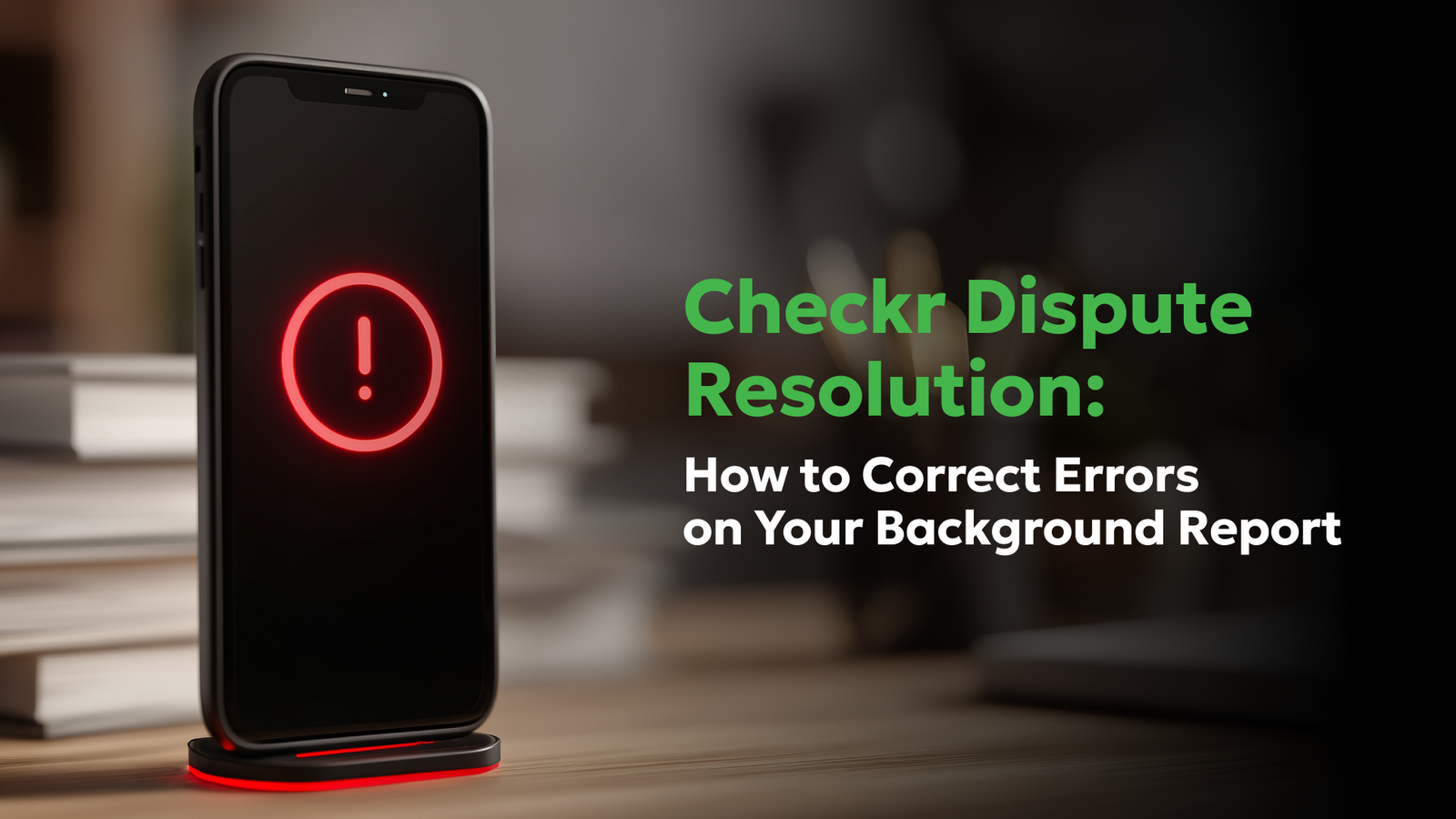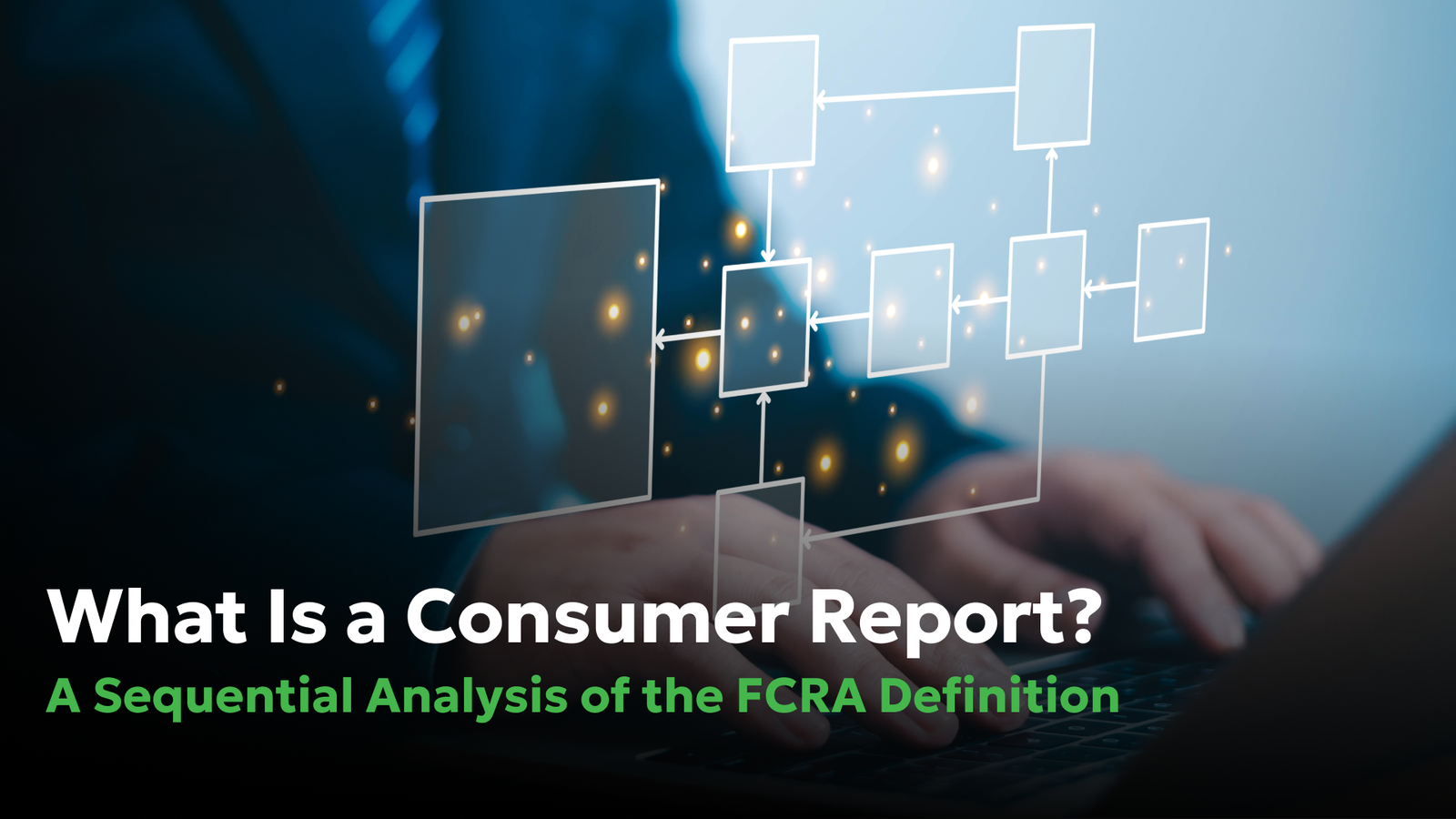Why Your Credit Score Isn’t Actually Yours and Other Lies Consumer Reporting Companies Tell
- Blog
- All about FCRA
Why Your Credit Score Isn’t Actually Yours and Other Lies Consumer Reporting Companies Tell

Do You Know Who Really Owns Your Credit Score? (Hint: It's Not You)
Data and technology errors at consumer reporting companies expose just how little power consumers have over their personal information.
Credit scores are like belly buttons: everyone has one, but what most consumers don’t know is that when credit agencies say “your” credit score, the meaning of “your” is up for interpretation.
By now, it’s likely not news to most consumers that Equifax, one of the “big three” credit bureaus, experienced a recent glitch that resulted in potentially hundreds of thousands of incorrect consumer credit scores being sent out to banks, lenders and other entities. The malfunction — which affected an unknown number of affected scores by 25 points or more — offers a glimpse into the fragile system responsible for the sensitive data of every American consumer.
Now, consumer watchdogs like the Consumer Financial Protection Bureau are warning that credit reporting data has been completely hijacked by the system in charge of it, applying consumer information in broader ways than its original purpose.
"Financial firms that cut corners on data security put their customers at risk of identity theft, fraud, and abuse," CFPB Director Rohit Chopra said in a statement. "While many nonbank companies and financial technology providers have not been subject to careful oversight over their data security, they risk legal liability when they fail to take common sense steps to protect personal financial data."
In other words: The major credit bureaus have so much power over your personal data, it’s not really even yours, evidenced by how one agency’s software error resulted in untold thousands potentially being rejected for loans, credit and having interest rates increased by no fault of their own.
The public still has yet to know just how many people’s scores were negatively impacted or whether they suffered damages as a direct result of Equifax’s blunder.
What Can I Do If I Believe My Credit Score was Compromised?
While you can’t opt out of the credit system or find any answers from Equifax, there are a few steps consumer can take to protect their personal data and figure out of they were impacted.
If your score changed significantly from March 6 to April 6 of 2022, you may be eligible to join a class-action suit filed by the Florida-based law firm Morgan and Morgan. If you were rejected for loans, credit or experienced increases in your insurance or existing loans around that time, you could be eligible for compensation.
In the short-term, consumers should check their credit reports if they haven’t done so recently. You can’t get documentation saying that their mistake directly caused a loan rejection or rate increase, but you can file a dispute to document your claim.
Consumer lawyers has a walk-through guide to help you file a dispute and a template to get you started. Let us know if you need any help, we’re only a call away.
Frequently Asked Questions
Credit scores can be affected by errors in reporting, outdated information, or even technical glitches at consumer reporting companies. These mistakes can cause your score to look different than your true financial history.
First, check your credit reports from all three bureaus (Experian, Equifax, TransUnion) for inaccuracies. If you find mistakes, dispute them directly with the bureau in writing. If the errors are not fixed, you may need legal help to enforce your rights under the FCRA.
According to studies by the Federal Trade Commission, one in five consumers has an error in their credit report. Even small inaccuracies can impact loan approvals, interest rates, and job opportunities.
Visit our FCRA Attorneys page to explore how consumer protection laws can help you fix inaccuracies and restore your credit profile.


Daniel Cohen is the Founder of Consumer Attorneys. Daniel manages the firm’s branding, marketing, client intake and business development efforts. Since 2017, he is a member of the National Association of Consumer Advocates and the National Consumer Law Center. Mr. Cohen is a nationally-recognized practitioner of consumer protection law. He has a we... Read more
Related Articles




R
ONGS™You pay nothing. The law makes them pay.







